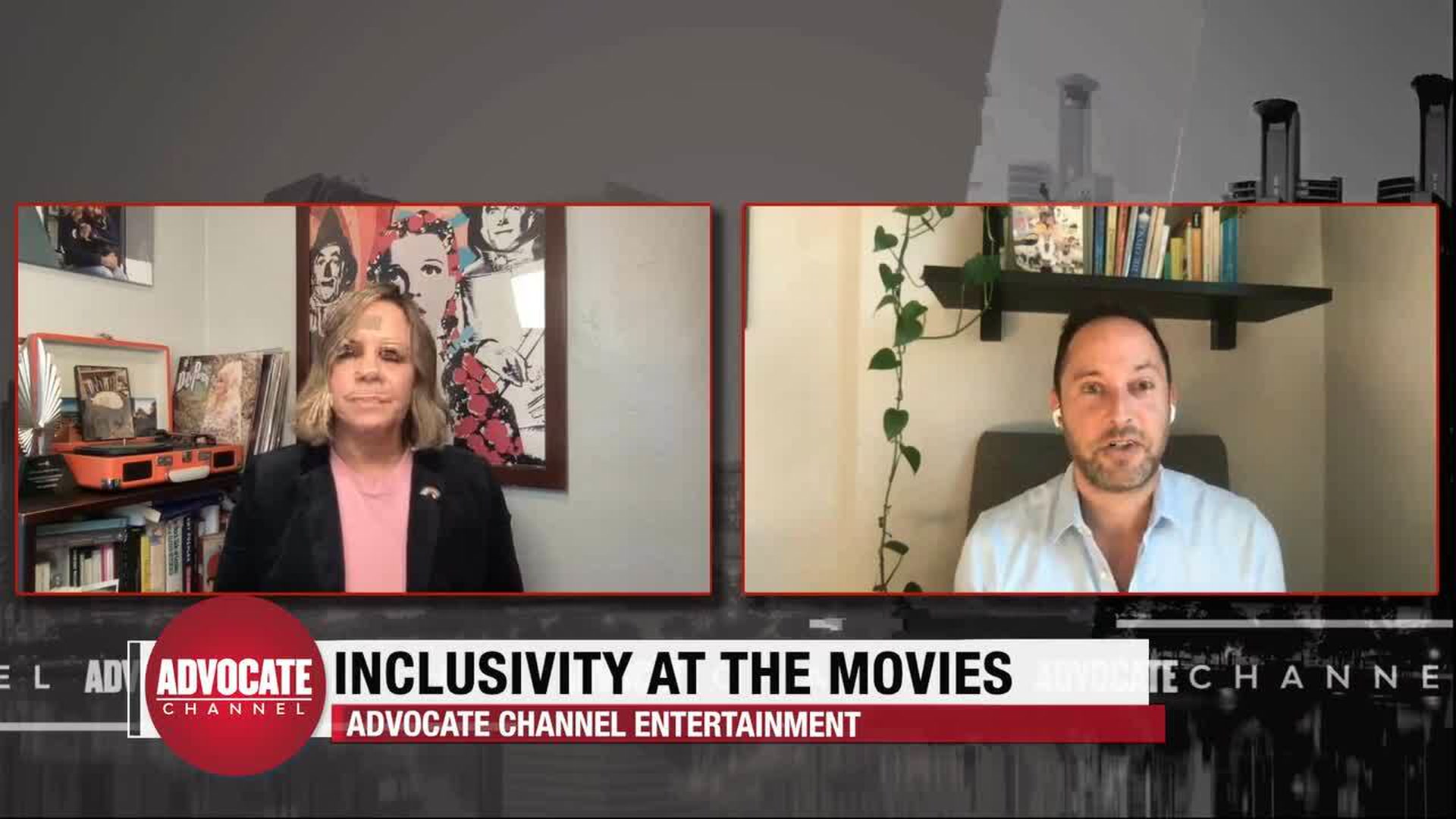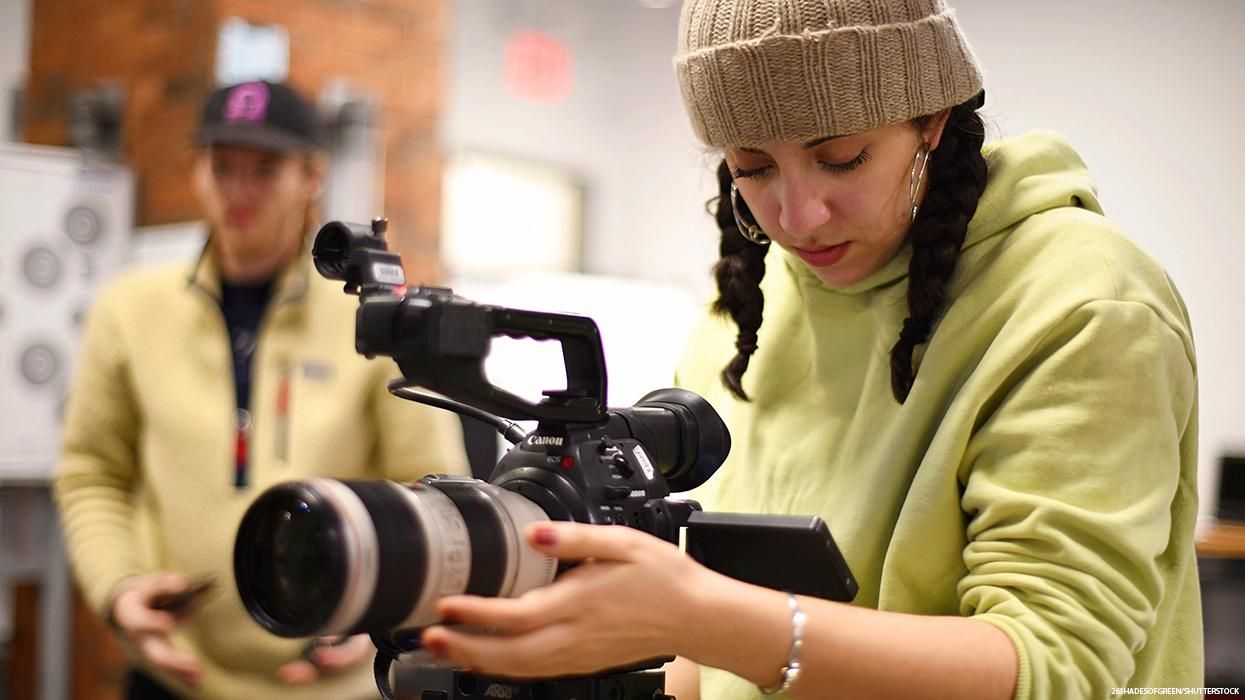The 34th annual Newfest Film Festival is currently underway, providing one of the most comprehensive forums of national and international LGBTQ+ film/video in the world. Festival director David Hatkoff recently sat down with Tracy E Gilchrist of Advocate Today to discuss why queer film festivals are still important, despite growing representation in mainstream media.
The Newfest Film Festival was founded in 1988, at height of AIDS crisis. Its goal was to provide a platform for LGBTQ+ stories, and has debuted queer classics such as Paris is Burning and Broken Hearts Club. According to Hatkoff, some of this films premiering this year could join those ranks.
For the 2022 festival, Newfest received over 1,000 submissions, a 30 percent increase from last year. Hatkoff is thrilled by these numbers, saying, "It means that queer filmmakers are telling their stories and slowly getting more access to the resources they need to make their films."
Newfest's goal has always been to platform marginalized voices and provide LGBTQ+ community members of all races, religions, and cultures a space to tell their stories.
"We really believe that the LGBTQ community is not a monolith," Hatkoff continues. "And that all aspects of the LGBTQ experience deserve to be seen onscreen."
While Newfest is New York's leading LGBTQ+ film festival, it's not just for New York. After going virtual for the pandemic, they found their audience was much larger than they could have imagined.
"People all over the country say 'I would not have been able to access stories like these if you hadn't gone virtual.' So, it was a fortunate byproduct of the pandemic," Hatkoff explains. "And now it's something that is part of our DNA, to be able to provide a platform not just in Manhattan and Brooklyn but throughout the country."
The festival is primarily to showcase queer art and talent, but Hatkoff says that the week-long event is treated more as a celebration, featuring guest panels and even parties after screenings. As Hatkoff jokes, "LGBTQ+ folks love to party."
With a new digital age brought by developing technology and pandemic restrictions, the future of film festivals is changing, due in large part to LGBTQ+ activists.
Hatkoff explains: "As we know, people are making films with their phones. People are making films that are fifteen seconds long. The idea of what media is has changed so much, and these queer activists and creators are on the frontlines of that."
Queer representation in mainstream media has also increased significantly in recent years, with September's movie Bros becoming the first LGBTQ+ romantic comedy backed by a major studio. With the changing landscape, some wonder if specifically queer film festivals are necessary in today's age. As for Hatkkoff, he doesn't think they'll "ever go out of style."
"It is about a dedicated space. It's about being the reason for being there, that we're not granted a one-time invite," he says. "Every single film in this festival puts a queer person, whether it's a real-life documentary subject or a narrative, directly at the center of a story. We really believe that positive representation is great, but authentic representation and inclusive representation is essential. This kind of visibility can change lives, and it can even save lives."
Hatkoff continues: "We are so used to being on the margins. We are so used to being erased, quite frankly. ... It's the most incredible adrenaline rush, this festival. It really is. Because there's nothing like a room full of queer people celebrating themselves at the center of a story."
Catch The Advocate Channel's full interview with Hatkoff below.




















































